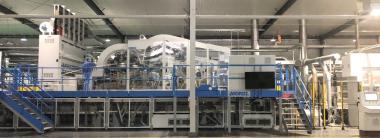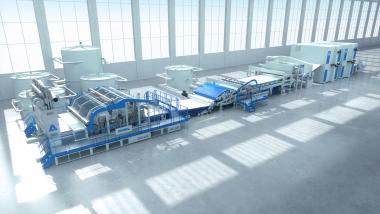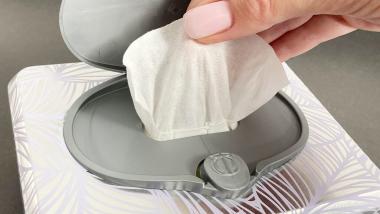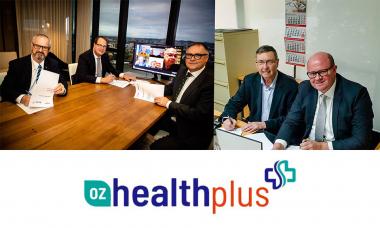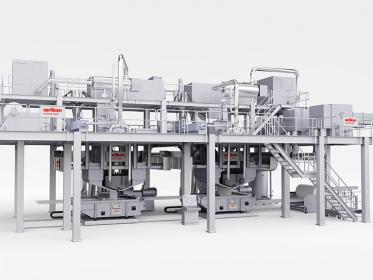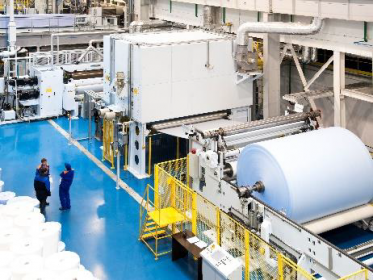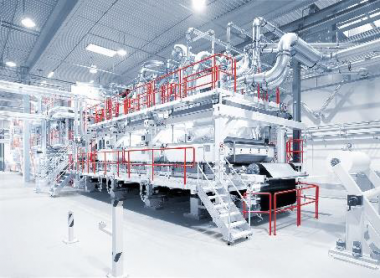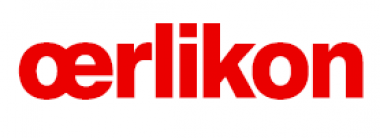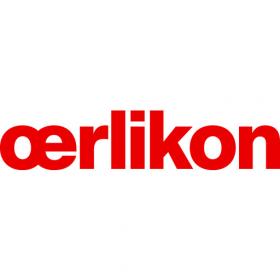New Order for ANDRITZ
- ANDRITZ receives an additional order for a high-speed spunlace line from Zhejiang Kingsafe, China
International technology Group ANDRITZ has received an order from Zhejiang Kingsafe Hygiene Materials Technology Co., Ltd. in Hezhou, China, to supply a complete new neXline spunlace line. The line is scheduled for installation and start-up during the second quarter of 2022.
This high-capacity spunlace eXcelle line will process either 100% biodegradable fibers or blends of polyester and viscose. It is dedicated to the production of hygiene and medical fabrics. The final products will have fabric weights ranging from 30 to 100 gsm, and the annual production capacity will be up to 18,000 tons.
ANDRITZ will deliver a complete line, from web forming to drying, also integrating two high-speed TT cards, the well-known JetlaceEssentiel hydroentanglement unit and the neXdry through-air dryer equipped with a neXecodry S1 system for energy saving. This combination is becoming the market benchmark for the production of lightweight spunlace fabrics dedicated to the hygiene market.
“We are proud to operate ANDRITZ nonwoven lines, which are very reliable and efficient. It helps us a lot in producing top-of-the-range, nonwoven roll goods, thus enabling us to be recognized as a key player among nonwovens producers worldwide,” says Kingsafe’s president, Mr. Huarong Yan.
Zhejiang Kingsafe Hygiene Materials Technology Co., Ltd., founded in 1987, is one of the largest companies in China producing spunlace and spunbond nonwoven roll goods, with several spunlace lines already in operation. The final products are exported all over the world and used in many fields, such as the medical sector, health care, high-tech agriculture, and high-quality consumer and household products.
The new line is now the ninth spunlace line supplied by ANDRITZ and the third with high-speed TT cards, thus confirming the successful, long-term partnership between ANDRITZ and Zhejiang Kingsafe. The order also proves that the solution provided by ANDRITZ is recognized as the benchmark for production of premium spunlace roll goods and contains the perfect combination for wipes converting machines.
ANDRITZ AG


